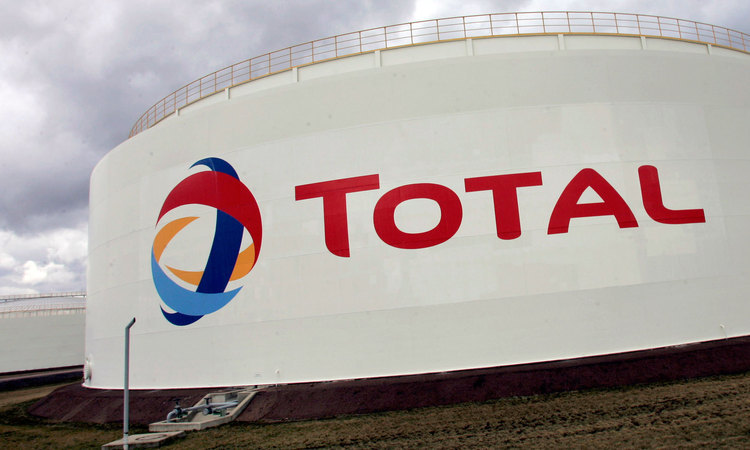
Three French banks have committed not to provide project financing for the Total-led East African Crude Oil Pipeline (EACOP).
BNP Paribas, Société Générale and Crédit Agricole will not participate, France’s Les Echos newspaper reported.
“The project is too hard to defend,” Les Echos quoted an unnamed source as saying.
A statement from Reclaim Finance noted that Barclays, Credit Suisse and ANZ had also said they would steer clear of the EACOP plan.
The environmental NGO called on Natixis to follow suit.
BankTrack researcher Ryan Brightwell called on Standard Bank, SMBC and ICBC “to take these concerns seriously and withdraw their support”.
Total committed to the Lake Albert development, which includes EACOP, on April 11. However, it has not concluded talks on securing the expected $2.5 billion of financing thought to be required to build the world’s longest heated pipeline.
Crédit Agricole has provided $7.3 billion of financing to Total between 2016 and 2020, while BNP Paribas provided nearly $6bn. The four French banks in total have provided more than $16bn to Total, it said.
Amundi, in which Crédit Agricole is the largest shareholder, is the second largest shareholder in Total after BlackRock.
Broader push
Reclaim Finance’s founder Lucie Pinson welcomed the move, saying it was a “major blow for this polluting and unjust pipeline. Natixis and other international banks should now follow their lead.”
Pinson went on to say the banks should not finance new oil and gas projects of Total, while shareholders should vote against the company’s climate strategy.
Total is holding its AGM on May 28. Shareholders will vote on Total’s plans for carbon neutrality by 2050, with a 15% reduction by 2030.
Reclaim Finance has criticised Total for failing to include its scope 3 emissions in its carbon neutrality plans, outside Europe.
The NGO has said the vote at Total’s AGM is about communication. “Total does not need to be encouraged to communicate on its climate strategy; Total needs to be pushed to adopt a climate strategy that is compatible with a viable climate trajectory,” it has said.
Shell is also holding a vote on its climate ambitions in May and has come under fire for its plans.
